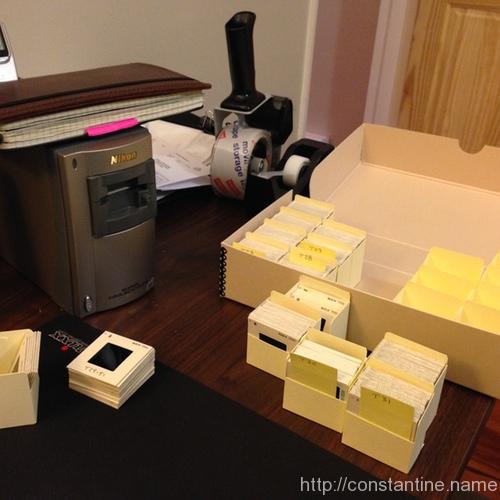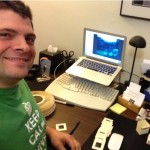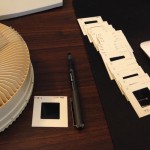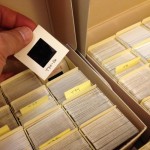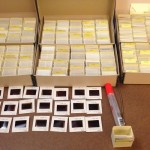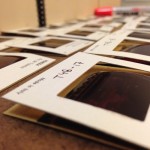On Castbox.fm — Charles St John | Progress Your Fitness by Playing with Intent
How can play-based frameworks enhance fitness training and skill development by fostering engagement, self-efficacy, and creativity?
By focusing on improvisation, individuals can elevate their confidence and ownership of movement, transforming their practice beyond rigid techniques.
Improvisation necessitates self efficacy. If you’re really trying to curate somebody that owns their practice, and is confident in their abilities […] that’s where it becomes playful in nature.
~ Charles St John (12:43)
The conversation explores the application of structured play in fitness environments, focusing on how six specific intentions—mimicry, creativity, collaboration, integration, execution, and improvisation—drive skill acquisition and community engagement. By intentionally shaping the type of play during training sessions, instructors can foster deeper self-efficacy, enhance retention, and create more engaging environments.
Topics discussed include the benefits of mimicry to lower barriers for beginners, the role of competitive play in pushing personal limits, and the transformative power of improvisation to cultivate confidence and adaptability. The conversation also touches on how playful frameworks can extend beyond Parkour and benefit broader fitness communities.
Takeaways
Mimicry — Simplifies learning by allowing participants to follow and observe.
Improvisation — Develops confidence and ownership over movement.
Collaboration — Strengthens community bonds and social health during fitness training.
Competition — Drives growth by encouraging participants to push beyond their limits.
Execution — Focuses on consistency and mastery of specific skills through repetition.
Integration — Highlights the importance of transitions between movements.
Resources
Apex School of Movement — Parkour school where Charles St. John coaches.
Art of Retreat — The organization hosting the retreat discussed.
(Written with help from Chat-GPT.)
ɕ
